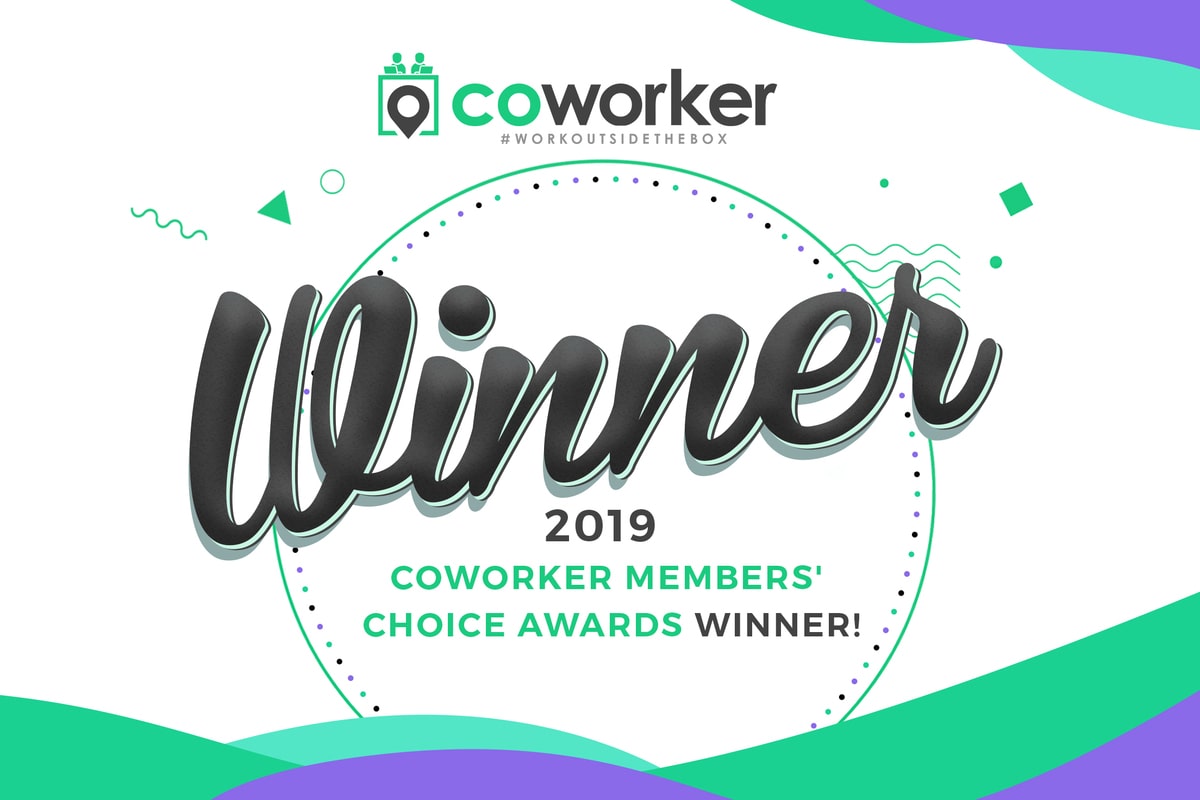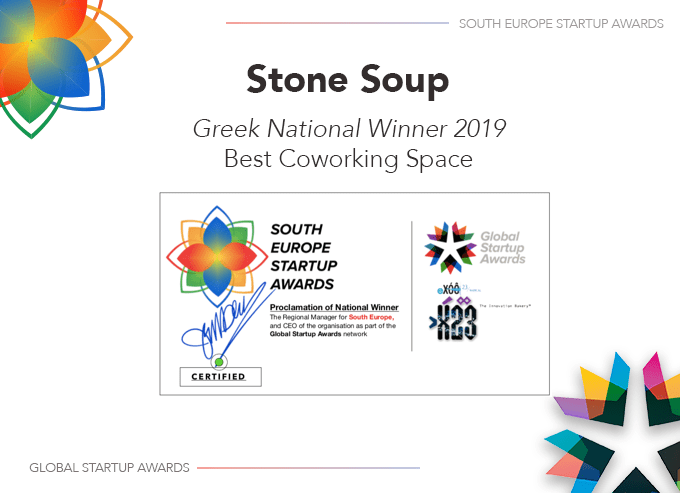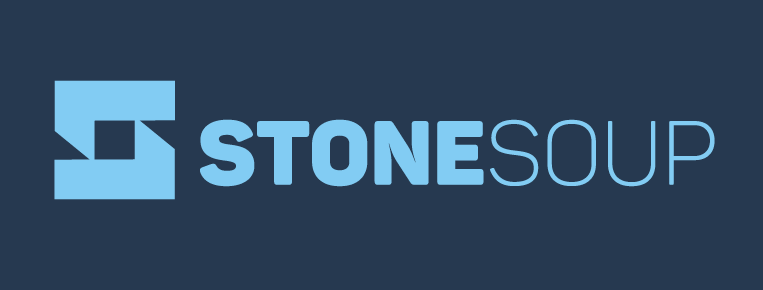John C. Fox is an iOS developer from the US and a proud Appsterdammer. Read what he had to say to us!
John C. Fox is an iOS developer and a proud Appsterdammer with years of experience in Silicon Valley, San Francisco. John was in Greece visiting Athens for the third time in the last 12 months.
We asked John what intrigues him about Greece enough to keep coming back.
John simply replied: “Crisis is good for culture. The economy in San Francisco is overheated right now, making it impossibly expensive for many people to stay. It was only a few years ago that due to an economic downturn, we saw the creation of “Pop-Up Culture” (e.g. food carts, impromptu theatrical performances in unused spaces, etc.) that was born in the streets. I see many opportunities for that sort of thing in Athens. I’m much more interested in the Exarchia neighborhood, than I am in Kolonaki.”
He leads the iOS team for Findery, a travel and discovery platform that gives people another approach to understanding the places they live in and visit. Findery’s content is created by its users. Users discover and leave “notes” about whatever fascinates them them about places in the real world. If you’re interested in history, art, architecture, food, music, whatever, you’ll find intriguing notes all over the world. A note is simply a bit of text and some media tied to a specific geographic location. A note’s text is typically longer than a tweet, shorter than a blog post. The notes seek to answer questions a person may never have thought to ask.
But how does Findery set itself apart from other travel applications?
As John said: “We target people who would rather wander a neighborhood on foot than sit in a tour bus. Theses sorts of people tend to be more interested in such things as the meaning of the graffiti on the wall. If I’m looking for a restaurant or museum recommendation, there are plenty of apps for this such as Yelp and Foursquare. These apps focus on venues and solve the “is there a cafe open around the corner” problem. Personally, I’m much more interested in all the other aspects of a place which have much more to do with greater society and culture, such as how the make-up of a neighborhood has changed over the last 20 years and why.
In the recent Apple “Spring Forward” event, the Findery icon made its way to the center position of the AppleWatch screen in the commercial. That is pretty impressive.
We asked John how Findery ended up in the center position of the AppleWatch
What it comes down to is the overall quality of the app. Findery enjoys a hard-earned, close relationship with Apple. While developing the app, we spent a ton of time in the design and engineering labs at WWDC (the annual Apple Developer Conference), building up personal relationships with UX and Framework Evangelists so we could polish our app and get it noticed. The result of all this work was that when Findery for iOS launched in March of 2014, it was heavily featured in the App Store and marked an Editors Choice.
When iOS 8 was released to developers, we were proactive in building a Share Extension so that you could leave a Findery note from within Photos app, for example. Apple Watch applications are essentially Extensions of your iOS app, so we were already familiar with the architecture. I actually did much of the development of the Sharing Extension at Stone Soup July of 2014 My productivity was aided by inexpensive high-quality souvlaki from across the street.
Apple said that the watch is their most personal device and Findery lives for just such a hardware platform. Our goal with Findery for Apple Watch is to delight people with interesting tidbits about the world around them. It’s actually more of a content development problem than a software engineering problem. We have to pick and choose very carefully which notes are watch-worthy.
But how big do you expect the app to become?
We’re never going to be a What’s App, and we’re fine with that. Internally we like to say: “We cater to the curious!” and we plan on sticking to that. People who like to travel also like to hold on to their traveler’s mindset. They remain curious about the changes that happen in the streets they walk every day. We’ve spent the last few months tuning our app using analytics, and have seen tremendous increases in user signup and activity in the first quarter of 2015.
Lets get the discussion back to the local ecosystem, and more specifically to the Orange Grove event that happened Thursday night!
John, you were in the Squeeze competition jury. Tell us, what impressed you the most and if there was something that took you negatively by surprise.
I was most impressed by the improvement I saw by some of the companies I met and mentored last time I was here, Gigalize being one of them. I was also pleasantly surprised by how much further along some of the new companies were. I met with many of them, they were hungry to learn and showed it. They took copious notes, asked smart questions, and have followed up. I’ve received tons of help in my career, so it’s my honor to “pay it forward” by helping others. I’m certain that those I help will pay it forward in the same way. My only negative surprise is how difficult it seems to create Pop-Up culture (this seems like an attitude problem as much as a municipal regulation problem). I hope this changes, and believe it will.
You noticed that the winning speech was given by a guy wearing an Appsterdam t-shirt?
It was not at all lost on me that Stefanos Prokos was proudly wearing an Appsterdam t-shirt. The Appsterdam methodology of hard work, collaboration, network building and pitch training for all is proven effective.
Any last thoughts?
My final words for all are these: “you are your own savior.” Greece will only grow its way out of the crisis by tapping into the energy of its young people. The most powerful natural resource is brain power. If you have a startup, or design-studio, or engineering team, there are opportunities, but you have to find them, oftentimes by looking for projects outside the country. Learning to pitch is not just something you do to market a product: it’s about learning how to simplify and clarify your ideas and thus develop your personal brand. When you can do this, it’s much easier to find both clients and collaborators. If you cannot quickly explain what you’re about as a person, and why you’re passionate about what you’re working on, you’ll have a hard time thriving in today’s global economy.





